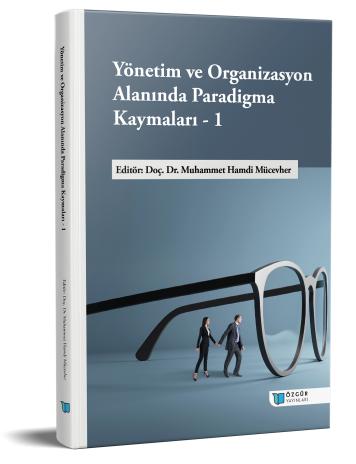
From Personnel Management to Talent Management: Transformation of Workforce Management
Chapter from the book:
Mücevher,
M.
H.
(ed.)
2025.
Paradigm Shifts in Management and Organization – 1.
Synopsis
This study takes a holistic view of the historical development and conceptual transformation of human resource management, from personnel management to strategic human resource management, and finally, talent management. The understanding of personnel management that emerged after the Industrial Revolution was mechanistic and procedural, focusing on record keeping, personnel affairs, and disciplinary processes. However, with the change in the nature of the workforce, increased competition and the transition to the knowledge economy, this structure has become inadequate and has been replaced by more flexible, strategic and people-oriented approaches. Human resource management has started to position employees not only as production inputs but also as valuable resources that will contribute to the goals of the organization. This change is based on a mindset transformation that sees people as a value-creating capital rather than a cost element. The transformation can be considered as a part of paradigm shifts in the management approach. The perception of human beings has evolved from mechanistic models focused on control and standardization to systems that emphasize participation, learning and flexibility. It is possible to say that paradigm shifts in management theories have shaped the process. On the theoretical ground that evolved from the classical management approach to the systems approach and then to the resource-based perspective, human resources are considered as a structure that can adapt to the internal and external environmental context and create competitive advantage. The impact of human capital on organizational performance has been a key focus of strategic human resource management. The concept of talent management has further strengthened this framework. In the context of talent as a scarce resource and in the face of globalization and technological change, organizations have focused on activities to identify, attract, retain, and develop high-potential individuals. In this context, talent management has emerged as a strategic human resources approach that encompasses recruitment processes, designing the employee experience, and sensitivity to cultural and contextual differences. Consequently, this transformation has necessitated restructuring technical and management approaches.

